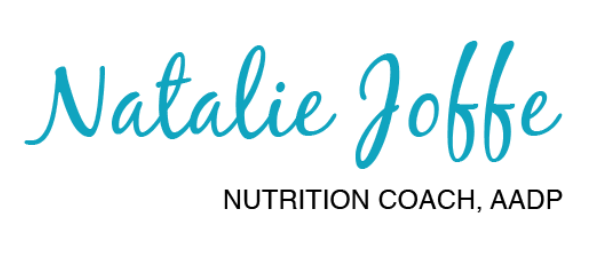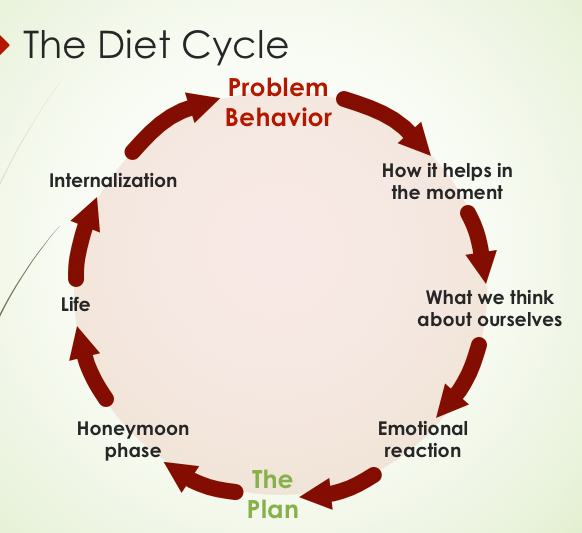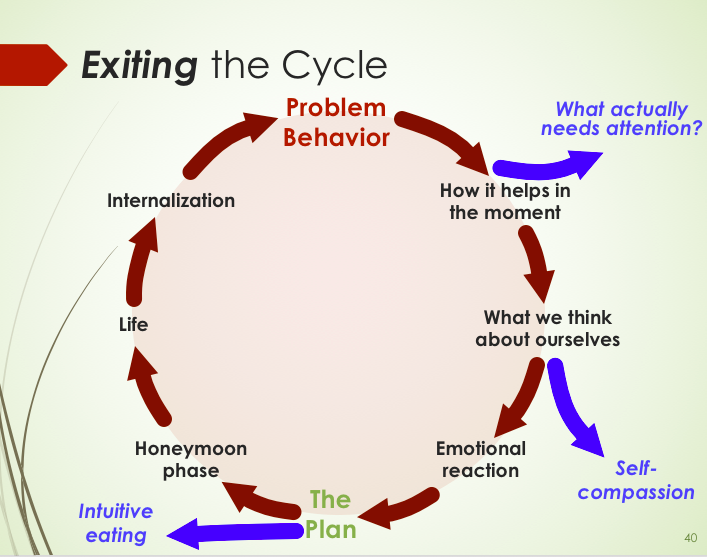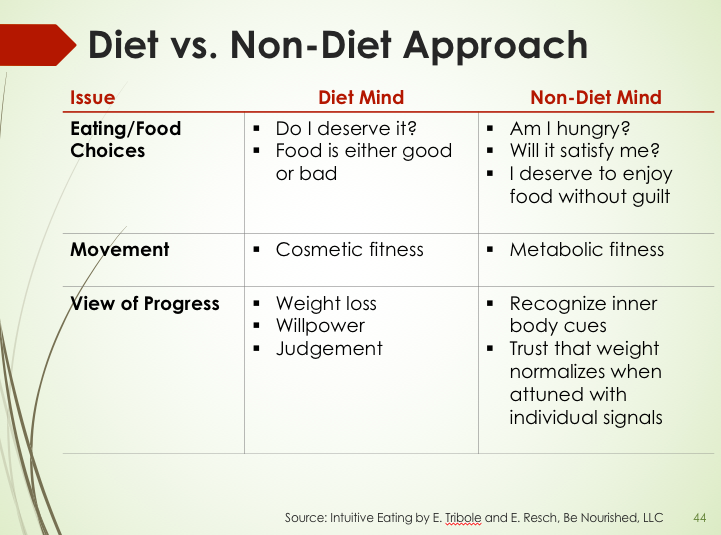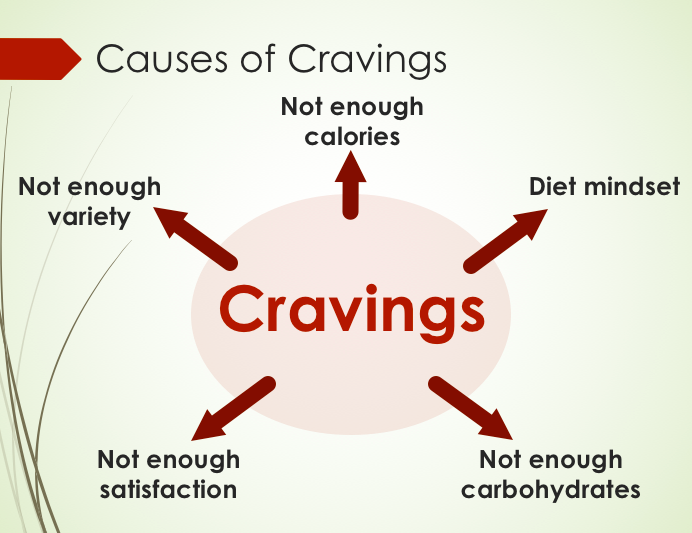I had an awesome time presenting today at Amazon on the trap of dieting, why we fall off the wagon and an alternative approach to health and health goals. Here are a couple slides from the presentation.
And for those who weren't able to attend, below is a blog post I wrote introducing the topic:
What if food wasn’t “good” or “bad”? I challenge my clients to stop living in fear of “falling off the wagon” and instead identify the problem as the wagon itself. The wagon as the nutrition morality we try to fit ourselves into that doesn’t accommodate us no matter what size we are.
Did you know the greatest predictor of weight gain is going on a diet? Statistics show that within 1-5years roughly 95% of dieters will regain any weight that was lost, and the majority of those dieters will regain even more.
It’s hardly easy to resist a $60 billion-dollar diet industry working hard to gain repeat customers. The promise of weight-loss is seductive.
But let’s say you could block out all that marketing…what about your inner voice?
“Yum that cookie looks delicious. But I really shouldn’t. I bet there are a million calories in that thing! But I have been really good today, and I’m going to the gym later. Ughh it probably has dairy and gluten in it though. Screw it! Give me two. I’ll be good tomorrow.”
Sound familiar?
It is important to note that dieting doesn’t need to look like a formal program (Paleo, Weight Watchers, Ketogenic, Intermittent Fasting, etc), because it is actually less about what you are or are not eating and more about how you feeland think about what you put in your mouth.
The more we try to control food, the more we think about it, and the more stressful it becomes. The “bad” foods begin to gain power and start calling to us. Eventually willpower runs out and we slip up, sending the pendulum swinging to the “dark side” of indulgence. We then create a self-fulfilling prophecy, proving to ourselves that we just need to try harder, be better, have more willpower to diet “successfully.” And so, the cycle repeats itself.
In order to stop shame-eating cookies, a shift is needed in the way we think about food. Thinking is the basis for behaviors, and the more we can get out of our head, the more we can get out of our way with nutrition and break free from the false promise of dieting.
This alternative approach is called “intuitive eating.” It is a process of learning how to be the expert of your own body and its hunger signals. This non-diet approach helps break the cycle of chronic dieting and heal your relationship with food. The reward is enjoying the pleasure of eating without guilt, making peace with food, improved body image and no longer falling off the wagon!
Curious to learn more? Sign up for a free consultation with Natalie Joffe!
